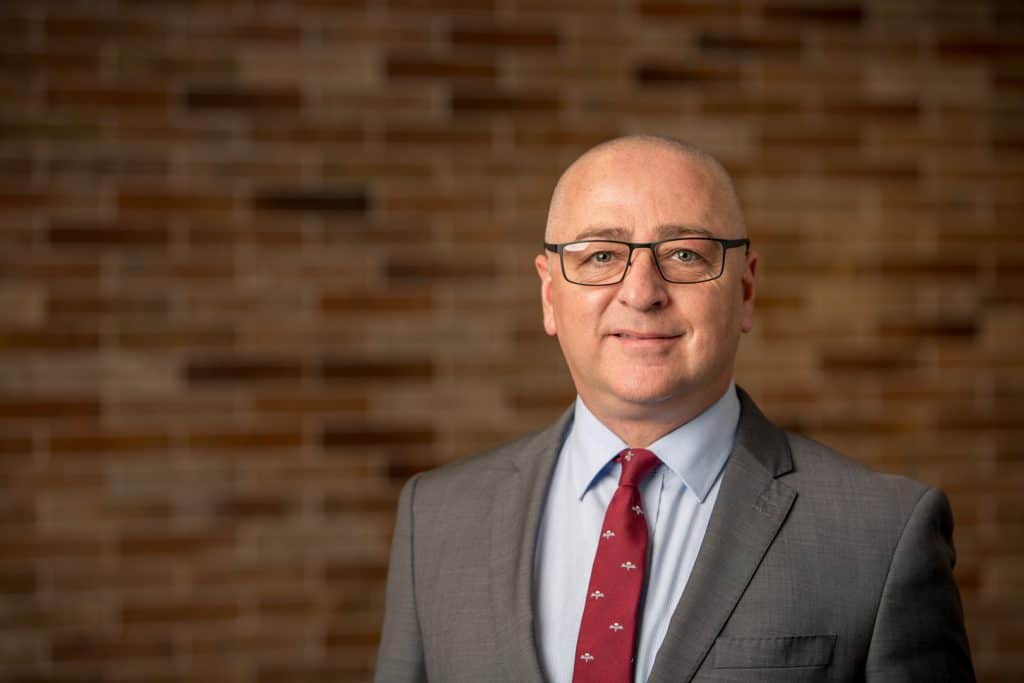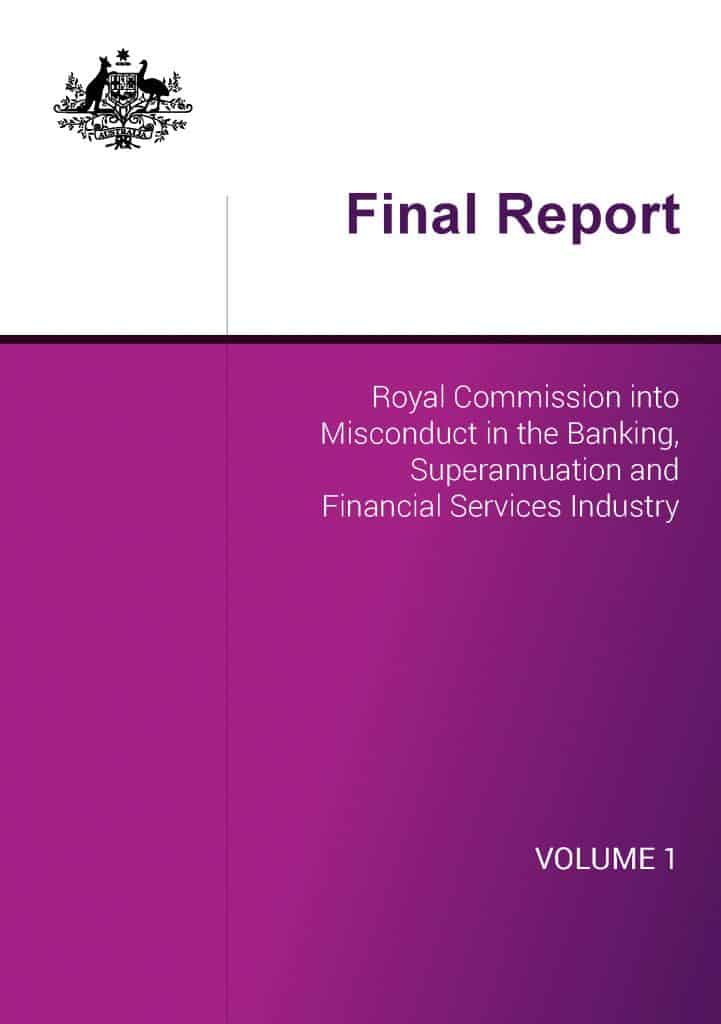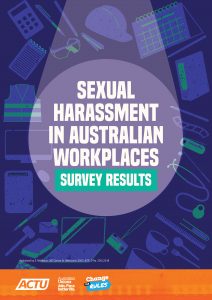
Last year SafeWork South Australia was evaluated by that State’s Independent Commission against Corruption. A couple of years ago Martyn Campbell (pictured right) took on the role as the Executive Director. SafeWork SA had obvious challenges and Campbell has needed to recalibrate the organisation to meet contemporary standards and expectations.
SafetyAtWorkBlog had the chance to put some questions to Martyn Campbell recently. Below are his responses.




